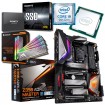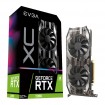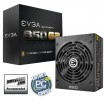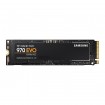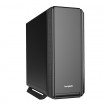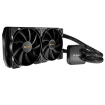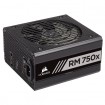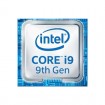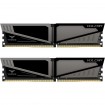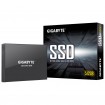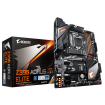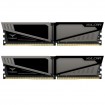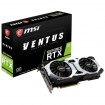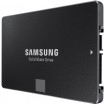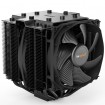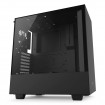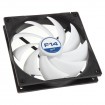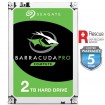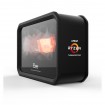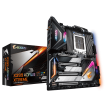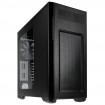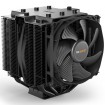Hi all,
Long time lurker!!
I'm looking to build a workstation PC for my home office, I've been using a 10yr old laptop which is so slow that I'm far from being productive. I've now switched to using my gaming PC in the interim whilst I try and decide what components I want in this new build.
My current PC is pretty good (8700k @ 4.9, GTX 1080ti, 16gb of DDR4 3000) but I built it as a base for racing simulators, and would rather leave it in the room where my rig is setup rather than have to keep lugging it about! But it's awesome for my day to day work, so I've decided to build another solely for work (maybe with a little bit of light gaming!).
As this will be a work computer, it's main roles will include OCR'ing of PDFs (I sometimes have to OCR 100 of gigs of data, which on my laptop would take weeks!)and searching those PDFs for character strings. It will also be used for CAD design and some light software development.
I've come up with the below spec, but would be grateful of any advice that anyone has to offer!
My basket at Overclockers UK:
A couple of questions:
Is the i9 9900K worth the current £100 premium over the i7 9700K?
Ideally I would like 32gb of RAM, but not sure if by todays RAM standards it is worth paying for the extra 16gb?
Is the RTX 2080 overkill (I'll probably dabble in some flight sim, but not much)
Thanks in advance!
Long time lurker!!
I'm looking to build a workstation PC for my home office, I've been using a 10yr old laptop which is so slow that I'm far from being productive. I've now switched to using my gaming PC in the interim whilst I try and decide what components I want in this new build.
My current PC is pretty good (8700k @ 4.9, GTX 1080ti, 16gb of DDR4 3000) but I built it as a base for racing simulators, and would rather leave it in the room where my rig is setup rather than have to keep lugging it about! But it's awesome for my day to day work, so I've decided to build another solely for work (maybe with a little bit of light gaming!).
As this will be a work computer, it's main roles will include OCR'ing of PDFs (I sometimes have to OCR 100 of gigs of data, which on my laptop would take weeks!)and searching those PDFs for character strings. It will also be used for CAD design and some light software development.
I've come up with the below spec, but would be grateful of any advice that anyone has to offer!
My basket at Overclockers UK:
- 1 x Promo Bundle - Intel Core i9 9900K, Aorus Z390 Master, Aorus 16GB RGB RAM, Gigabyte 512GB SSD= £979.96
- 1 x EVGA GeForce RTX 2080 XC 8192MB GDDR6 PCI-Express Graphics Card= £719.99
- 1 x EVGA SuperNova G2 850W '80 Plus Gold' Modular Power Supply= £137.99
- 1 x Samsung 970 EVO Polaris 500GB M.2 2280 PCI-e 3.0 x4 NVMe Solid State Drive= £109.99
- 1 x be quiet! Silent Base 801 Midi Tower Case - Black= £134.99
- 1 x be quiet! Silent Loop Superior Liquid CPU Cooler - 280mm= £139.99
Total: £2,235.51 (includes shipping: £12.60)
A couple of questions:
Is the i9 9900K worth the current £100 premium over the i7 9700K?
Ideally I would like 32gb of RAM, but not sure if by todays RAM standards it is worth paying for the extra 16gb?
Is the RTX 2080 overkill (I'll probably dabble in some flight sim, but not much)
Thanks in advance!


